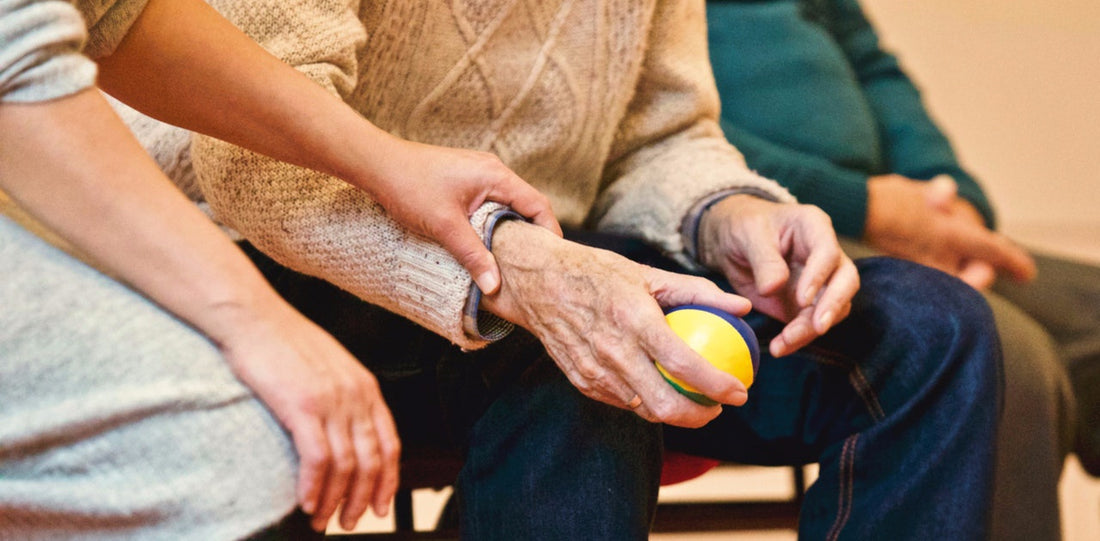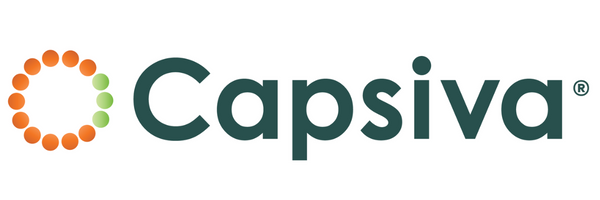
Seropositive and Seronegative Rheumatoid Arthritis: What You Need to Know
Share
The two different types of rheumatoid arthritis share a lot in common, but some key differences impact the diagnosis, symptoms, and treatment.
In most cases of RA, patients are diagnosed with seropositive rheumatoid arthritis. The difference lies in the patient’s rheumatoid factor (RF) and/or anti-cyclic citrullinated peptides (anti-CCP)
The presence of these antibodies and proteins cause an attack on the joints and produce inflammation. When testing for rheumatoid arthritis, the first thing doctors look for is high levels of RF and ACPAs.
The higher levels of RF and anti-CCP antibodies, the more likely it is to suggest rheumatoid arthritis.
So, what is seronegative rheumatoid arthritis? This means that the patient has zero to little anti-CCP’s or RF in their blood work, but is still suffering from symptoms of RA. They don’t have high levels of antibodies and proteins that are actively attacking their body, immune system, and joints like those with seropositive RA do.
However, they still suffer from many of the same symptoms such as joint pain, joint stiffness, inflammation, and fatigue. They simply don’t have high enough levels of the antibodies to be able to detect.
Because of that, it is more difficult to diagnose someone with seronegative RA. In order to diagnose someone with seronegative rheumatoid arthritis, doctors look for a few things:
- Negative antibody (RF and anti-CCP) blood test results
- Symmetrical symptoms
- Polyarthritic symptoms (multiple joints are affected)
- Condition is inflammatory
It is also much more difficult to predict the course of the disease in seronegative patients. Many see their symptoms evolve and change over time, and it’s not uncommon for them to develop enough antibodies to be classified as seropositive.
Each patient is different and determining a prognosis for any type of rheumatoid arthritis is different. However, the goal of the treatment remains the same for both: reduce pain and prevent the progression of the disease.
Similarities Between Seropositive and Seronegative RA
Even though patients with seronegative RA don’t have as many antibodies attacking their immune system, much of the symptoms are similar. Both types of rheumatoid arthritis are accompanied by joint pain, joint stiffness, inflammation, and fatigue.
Morning stiffness is a very common symptom, where patients’ entire bodies will feel stiff for up to one or two hours in the morning. Also, inflammation is not limited to the joints in both types. Other areas of the body often become inflamed whether you are diagnosed seropositive or seronegative.
Other similar symptoms can include:
- Joint swelling
- Joint redness
- Symmetrical symptoms in multiple joints
Also, no matter which type of rheumatoid arthritis someone has, their treatment will likely be the same. Common medications and treatment for both include:
- Anti-inflammatory medication (NSAIDs)
- Corticosteroid medication
- Physical therapy
- Hot and cold therapy
- Exercise
And in both cases, most treatment is not aimed it curing RA. The goal is to make the symptoms easier to deal with and to slow down or prevent the disease from .
Differences Between Seropositive and Seronegative RA
People who are diagnosed with seropositive rheumatoid arthritis typically experience more pain than those seronegative. In general, patients who are seropositive for RF and anti-CCP are more likely to have a more severe case of rheumatoid arthritis (although, it’s not always the case.
Seropositive patients are also more likely to develop other illnesses along with RA. It’s much more common for them to develop vasculitis, a disease that causes the inflammation of the blood vessels. They are also more likely to develop cardiovascular disease as a result of antibodies attacking their immune system.
Those with seropositive RA are more disposed to have rheumatoid nodules, which are swollen lumps under your skin that grow around the joints. Lastly, they are more susceptible to having rheumatoid lung issues.
Seronegative patients could have a different form of inflammatory arthritis, such as psoriasis or spondyloarthropathy (a type of arthritis that attacks the back).
Summary
Outside of a few differences in diagnosis and prognosis, seropositive patients and seronegative patients share much of the same difficulties in their life. Chronic pain and inflammation are hallmarks of both types of diseases.
To better help manage and treat your joint pain, order Capsiva today! Capsiva gives you true pain relief by unlocking the real benefits of capsaicin.